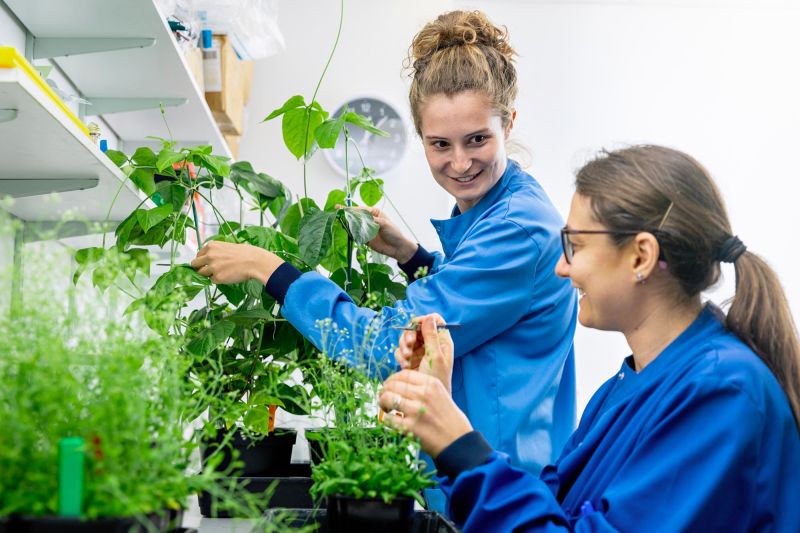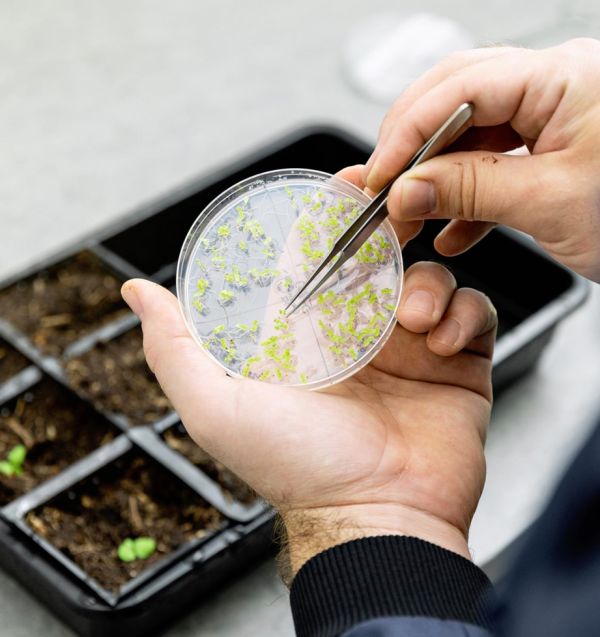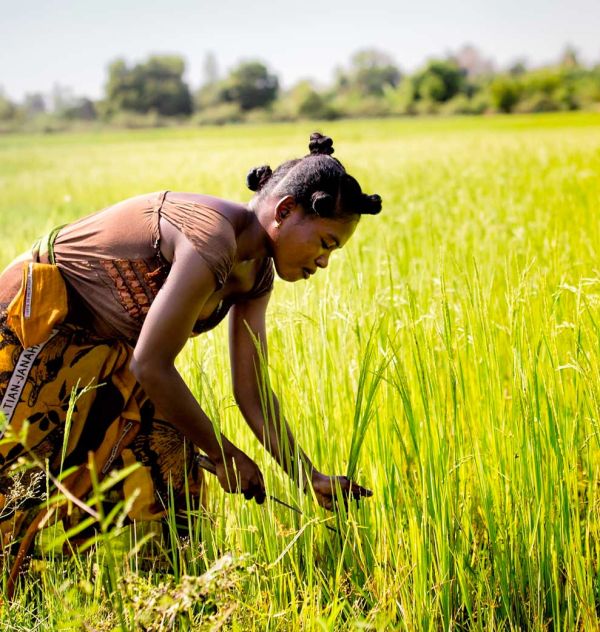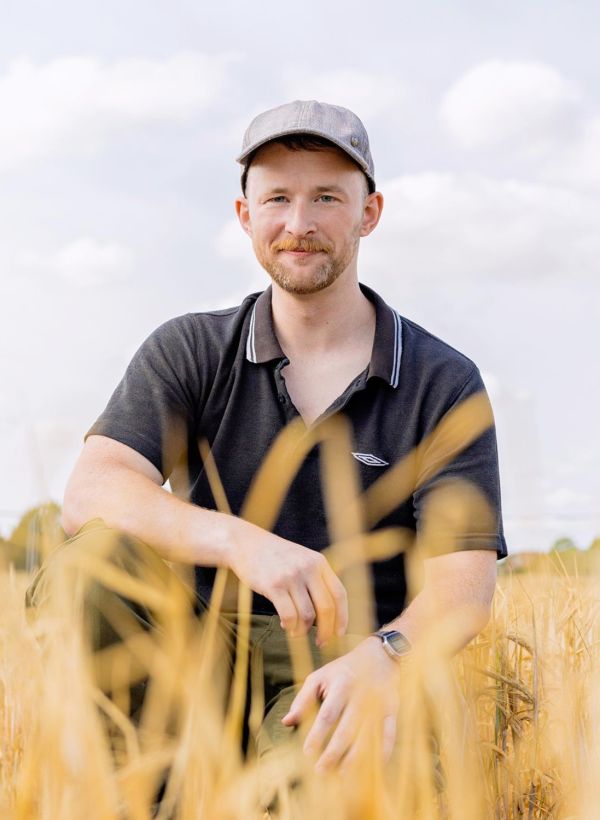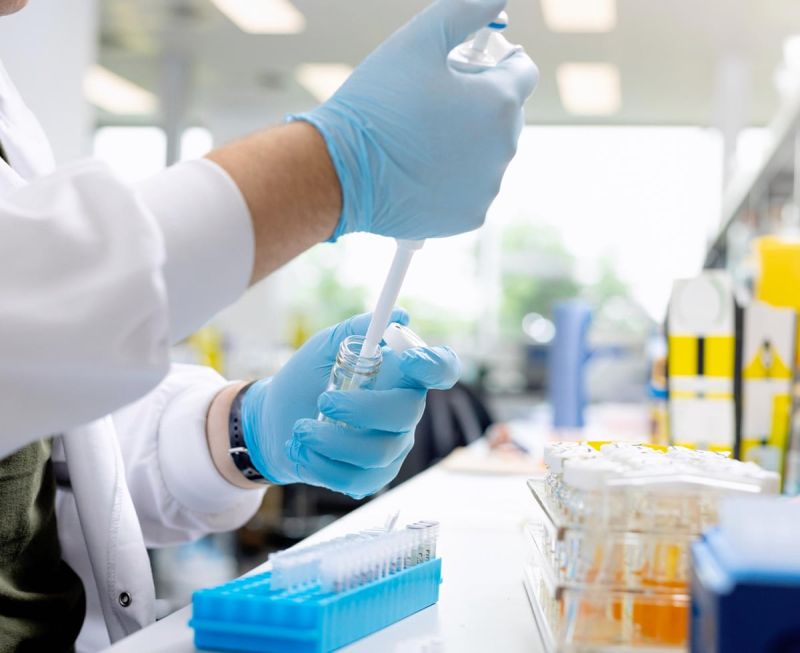While the green revolution of the 1960s and 1970s led to significant improvements in the productivity of our staple crop plants, it did not benefit the world’s poorest farmers.
Smallholder farmers, particularly those in Sub-Saharan Africa, cannot afford the high quality seed or the chemical inputs that drive up crop production and control crop pests and diseases. Their crop yields suffer as a consequence, with most smallholders achieving less than 20% of the potential productivity of their crops.
For many of these farmers, their production is not only their primary food source, but also their primary income. Continuously poor yields creates a cycle of poverty, with farmers unable to invest in their future crop performance, because their past production yielded poorly. Such farmers lack the resilience to survive droughts or floods, a dangerous situation with climate change leading to greater likelihoods of devastating climatic events.
At the Crop Science Centre, we are developing crop plants that perform in low-input agricultural systems, as well as crop plants that are robust to climatic extremes. We strive to improve the resilience of small-holder farmers by maximising their productivity through better crop varieties.
We believe this is the best way to help smallholders: seeds can be shared and they can be used from one year to the next. Through collaborations with academia, industry, charities and government bodies we aim to ensure that the research we do benefits the farmers who need it most.



